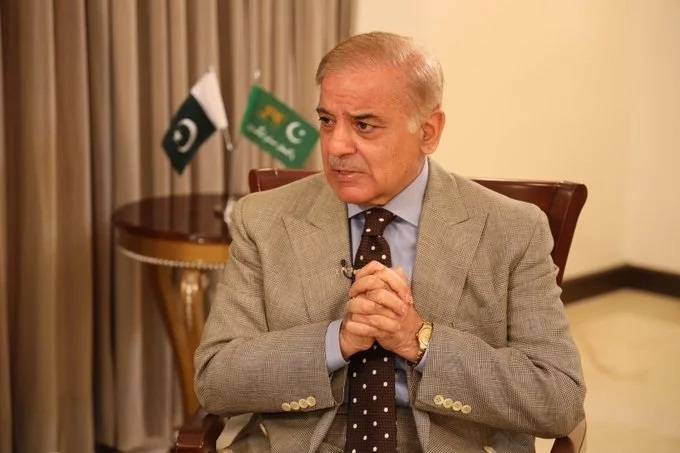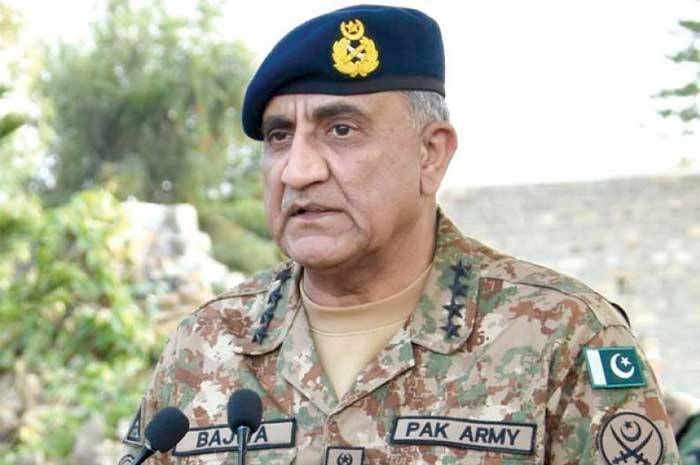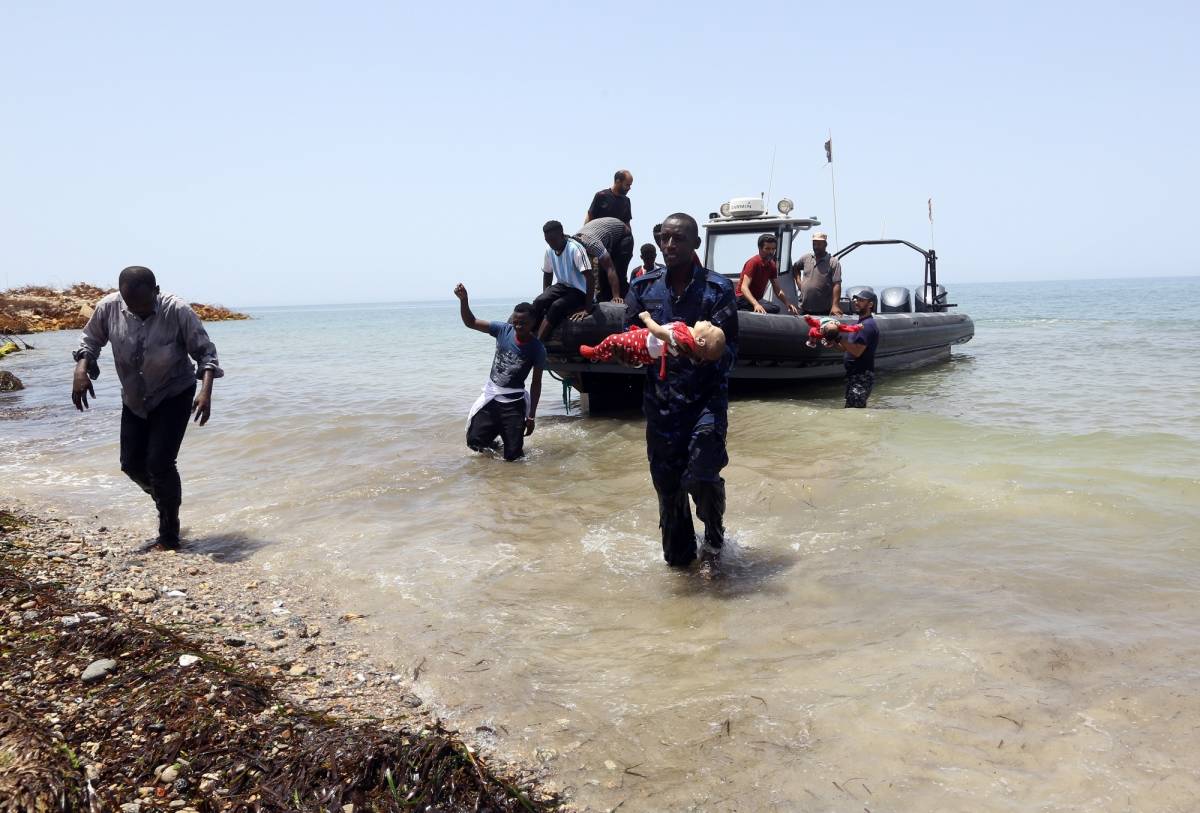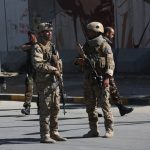Not only is inflation increasing but the huge quantum of the hike within a month has caused worries for the policymakers…reports Asian Lite News
The new financial year in Pakistan has kicked off with uncertainty. Despite the hike in fuel prices, Islamabad’s talks with the International Monetary Fund (IMF) have not concluded yet. The Shehbaz Sharif government was hoping to seal it by June-end. “This could be a cause for embarrassment for the government as the IMF assistance is yet to be finalised but at the same time inflation is galloping,” an analyst told India Narrative.
The country’s inflation based on the Consumer Price Index (CPI) rose to 21.3 per cent in June up from 13.8 per cent.
This is the highest inflation rate since December 2008 driven by the hike in fuel prices. The country has been in talks with the IMF for a bailout package and as mandated by the multilateral agency, the government increased fuel prices by 92 per cent in a month. The price of petrol in Pakistan now stands at (Pakistani) Rs 248.74 for a litre and Rs 276.54 for a litre of diesel.
Not only is inflation increasing but the huge quantum of the hike within a month has caused worries for the policymakers.
“With the continuous price increase, inflationary pressure will not ease anytime soon. This is not a comforting thought for the common citizens and discontent is brewing,” the analyst told India Narrative.
Besides fuel price hike, last month, Pakistan’s decision to impose an additional one-time 10 per cent “super tax” on large scale industry will also add to inflationary trends as sectors such as steel, sugar, cement, oil and gas, fertilisers, LNG terminals, textile, automobile, cigarettes, chemicals, banking, and beverages among others will be directly impacted.
The South Asian nation, also hit by political instability, is facing a tall economic challenge and would require a staggering $23 billion in order to meet its foreign debt servicing requirements in 2022-23. Though Pakistan has received $2.3 billion from China, it will provide no relief to the ailing country.
“It needs IMF assistance but again that too will offer a temporary solution. What the country needs are deep-rooted reform measures,” the analyst quoted earlier said.
Foreign policy watchers said that time is ticking for Pakistan leading to intensifying blame game.
Pakistan Muslim League-Nawaz (PML-N) Vice President Maryam Nawaz said former prime minister of the country Imran Khan was responsible for IMF’s trust deficit with Islamabad.
“Continue your support for PML-N and we will get you out of difficulties. We had to raise prices today but had to do it because of Imran Khan. Nawaz Sharif and Shehbaz Sharif will make all-out efforts to get you out of these crises,” she said.
(The content is being carried under an arrangement with indianarrative.com)














